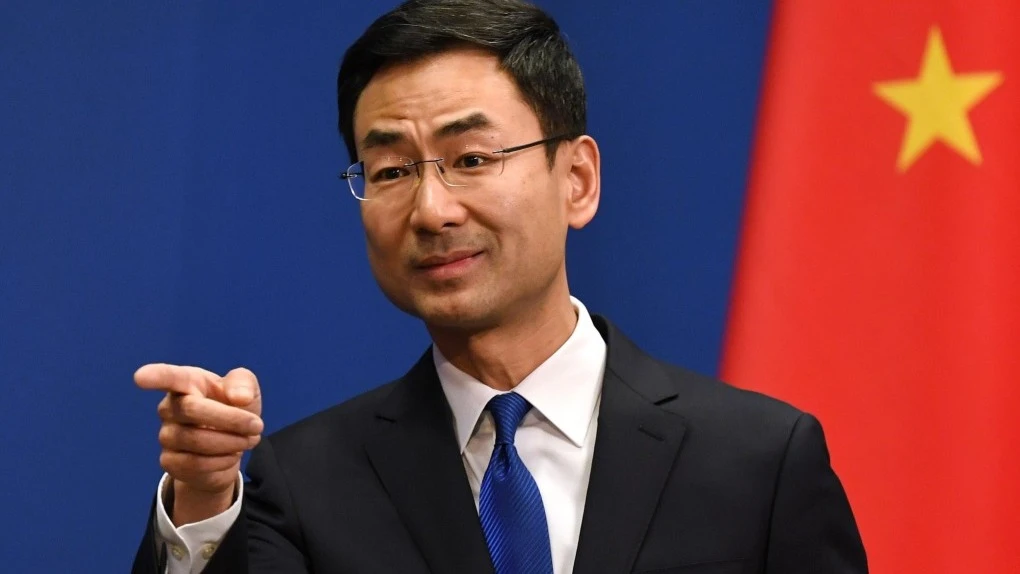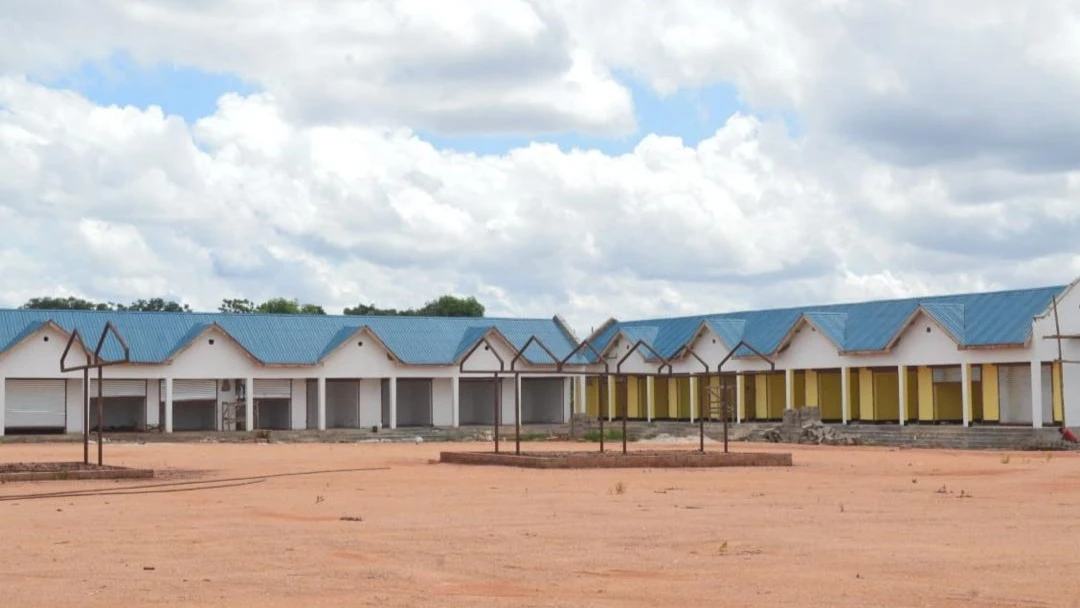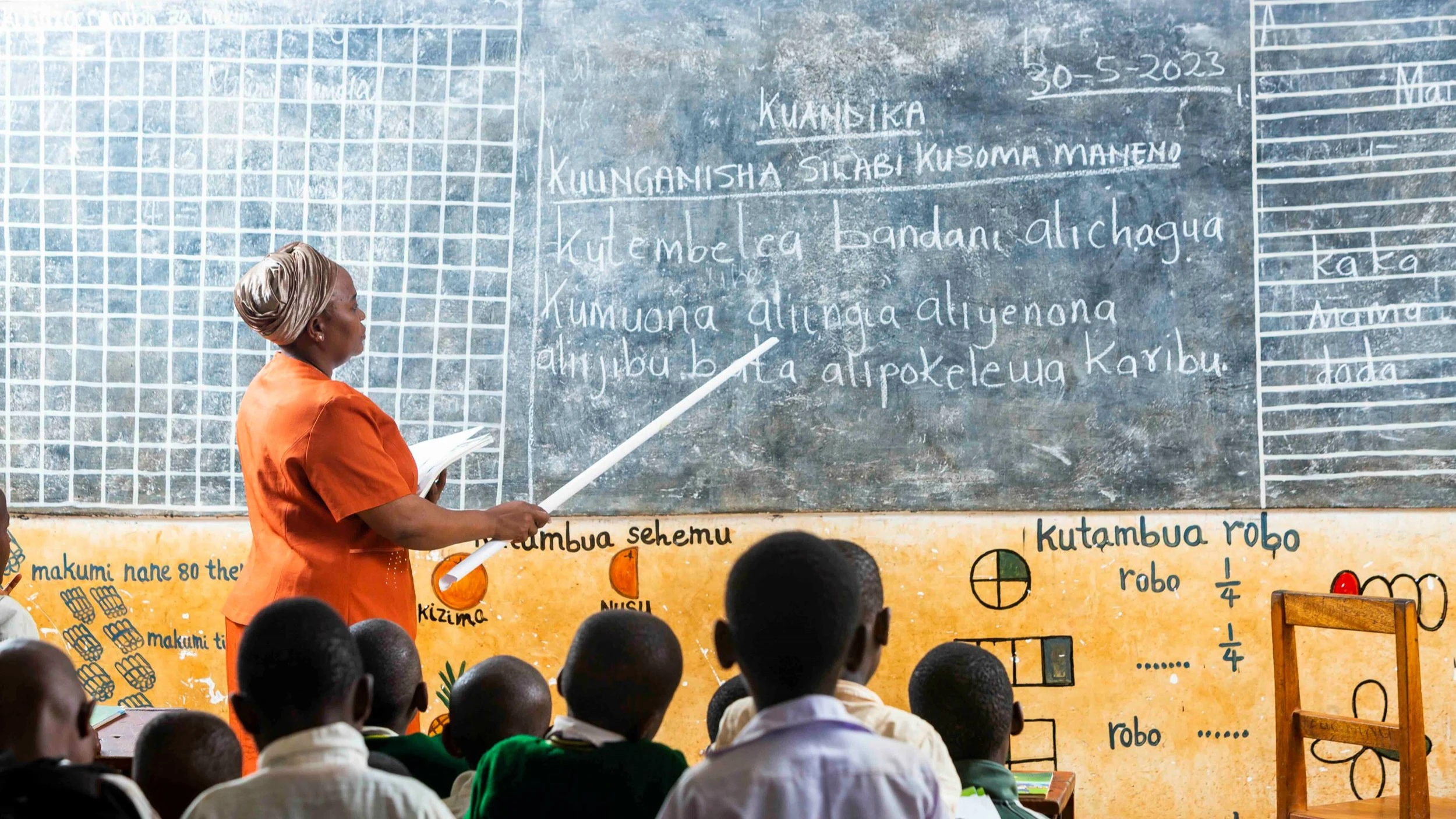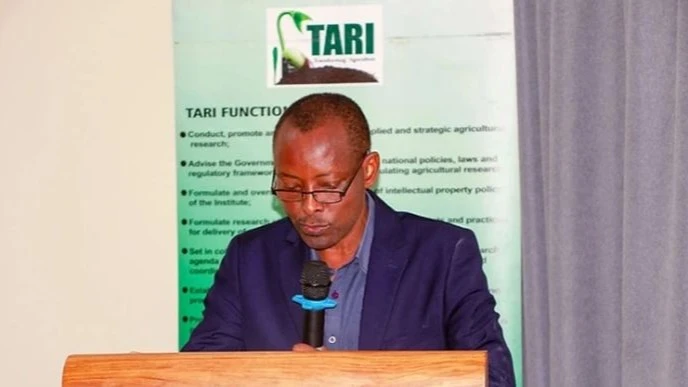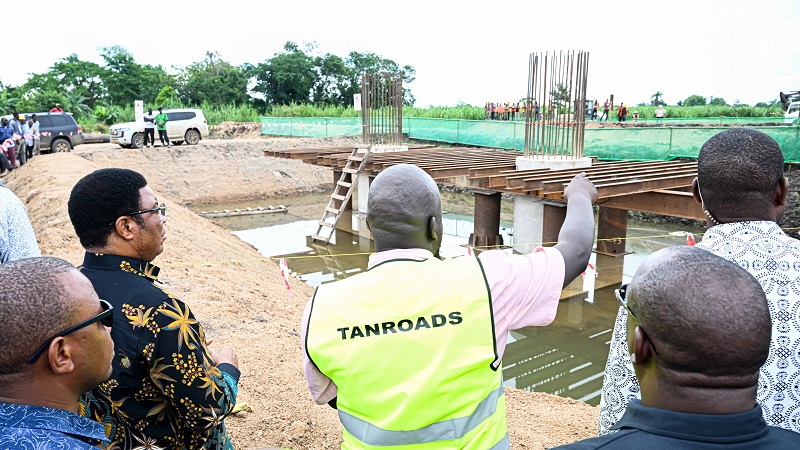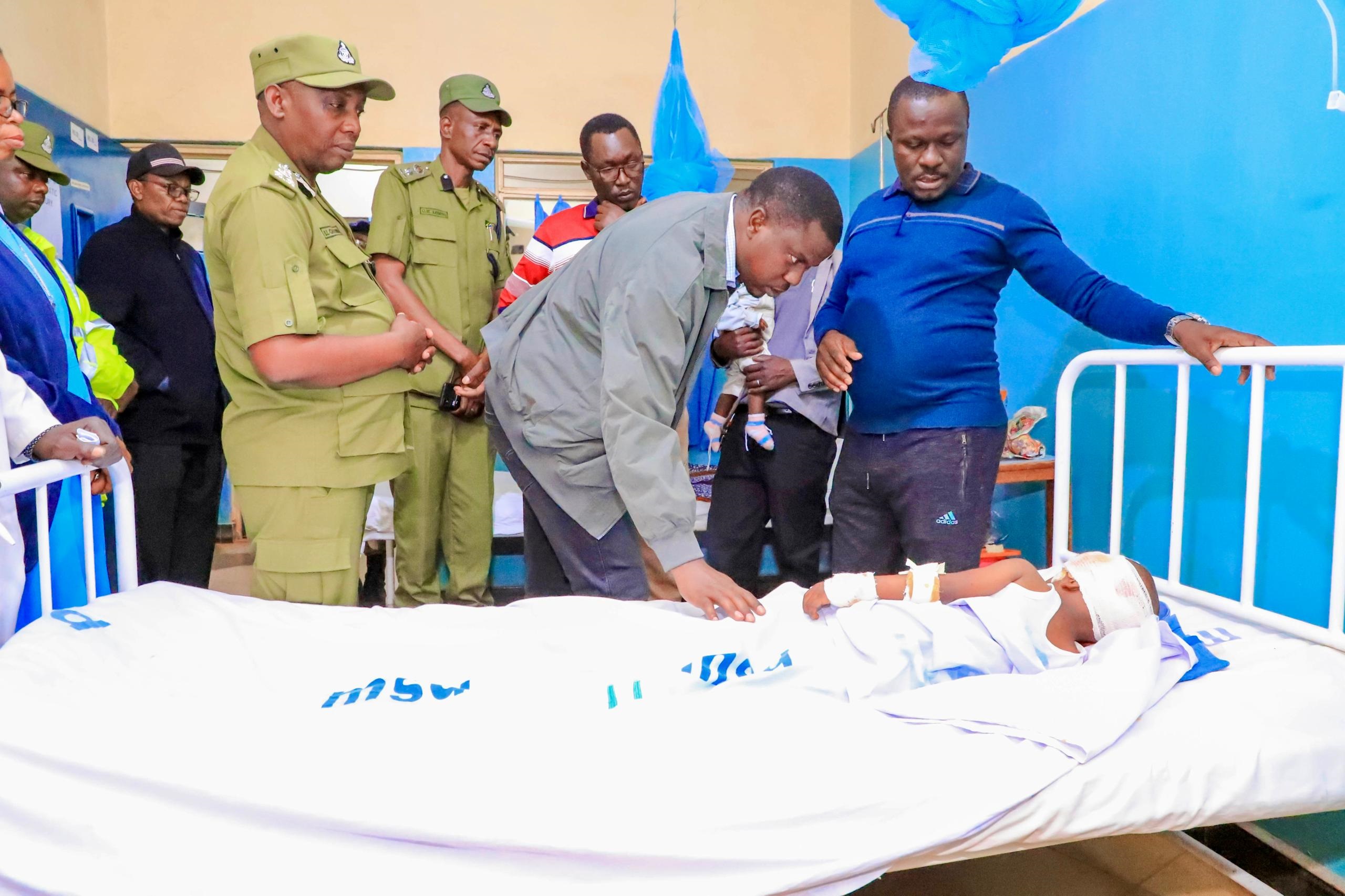Lebanon: Soaring needs for trauma treatment, needs and rehabilitation
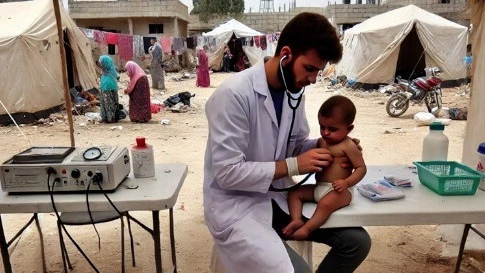
LEBANON is grappling with an overwhelming surge in health needs following months of intense conflict, and the situation remains dire for the country’s war-impacted population.
Thousands of civilians now require reconstructive surgeries and physical rehabilitation, while the country's health system continues to operate under significant strain. All but one hospital has gradually reopened, but most are still not operating at full capacity, facing shortages of medical supplies and trained personnel.
The ceasefire, which took effect on 27 November, has brought temporary relief to millions of civilians caught in the conflict. However, Lebanon’s suffering is far from over, with staggering unmet health needs. Lebanon, situated between Syria and Israel, has long been burdened by a fragile health system, exacerbated by an ongoing economic crisis, political deadlock, and the refugee crisis.
Currently, Lebanon hosts 1.5 million Syrian refugees, and the events unfolding in Syria continue to impact Lebanon’s capacity to respond to emergencies. The dynamics are complex, with Syrian nationals entering Lebanon while others return to Syria from Lebanon.
“The health system, already decimated, remarkably withstood this latest storm but has been further weakened,” said Dr. Abdinasir Abubakar, WHO Representative to Lebanon. “The challenges are complex and call for specialized, sustained support.”
A rocky road ahead
The future of Lebanon's health system looks increasingly uncertain, with major challenges ahead. Lebanon’s real GDP has shrunk by 38 percent since 2019, according to the World Bank, and the ongoing war has only added to the country’s woes.
Over 1 million displaced people have returned to southern Lebanon, where both physical and health infrastructure is in ruins. Many health facilities remain closed, and the majority of hospitals are operating well below capacity due to financial constraints, staff shortages, and the overwhelming need for medical care.
Since the onset of the conflict in October 2023, more than 4,000 people have been killed, and over 17,000 others have been injured. As ceasefire allows access to previously hard-hit areas, the death toll continues to rise, and recovery efforts are hampered by widespread destruction.
An estimated 8 million tonnes of debris are left behind as over 16,000 buildings have been damaged or destroyed. Thousands of health workers have been killed, injured, displaced, or have emigrated, leaving the healthcare system in even more dire straits.
“The need for health workers is dire,” Dr Abubakar noted. “Hospitals are struggling to meet the overwhelming health needs of the population.”
In addition to physical damage, water and sanitation systems have been severely disrupted, which increases the risk of disease outbreaks. Thousands of people remain displaced, and those who have returned to their homes face the threat of explosive remnants of war, further exacerbating health risks.
Growing need for specialized trauma care
The magnitude of trauma inflicted on civilians is staggering. Complex injuries, including open wounds, fractures, and life-threatening conditions, require advanced medical care. Many of the treatments provided during the war were suboptimal, leaving patients in need of multiple surgeries to prevent complications and disabilities.
Dr. Ahmad Alchaikh Hassan, WHO’s Trauma Technical Officer, explained, "The physical destruction is similar to what you see after an earthquake, and that has resulted in complex injuries. Those who were treated during the war often require further surgeries."
One in four individuals with life-changing injuries will require long-term rehabilitation, including prosthetics and assistive technologies. Lebanon's current healthcare infrastructure lacks the capacity to meet this growing demand for specialized care.
“This need for specialized healthcare will persist for months and years to come,” Dr. Abubakar stated. “Lebanon needs reconstructive surgeons, eye doctors for those injured in the war, physiotherapists for amputees, and prosthetists to assist with assistive devices.”
WHO’s response
The World Health Organisation (WHO) has been working closely with the Ministry of Public Health to address Lebanon's urgent healthcare needs. Key priorities include replenishing medical supplies, training healthcare workers, scaling up trauma care capacity, and improving mental health services for both patients and health workers.
WHO has conducted mass casualty management trainings across Lebanon, resulting in stronger, life-saving responses to the crisis. Additionally, WHO provided 5,000 contingency blood bags and reagents to blood banks and distributed awareness materials on unexploded ordnance and other health risks for first responders and civilians.
“We are continuing to scale up trauma care capacity, training surgeons in specialized trauma care, and preparing for future health impacts,” Dr. Hassan added. “The road to recovery will be long, but we are committed to supporting Lebanon’s health system.”
Despite ongoing challenges, WHO and Lebanon’s health authorities are working to rebuild and strengthen the healthcare infrastructure, ensuring that it is better prepared for future crises.
“The need for technical and financial support has never been greater,” Dr. Abubakar concluded. “We are grateful for our partners' support, but this is just the beginning. Lebanon's health system must be resilient and ready for the road ahead.”
Top Headlines
© 2024 IPPMEDIA.COM. ALL RIGHTS RESERVED












